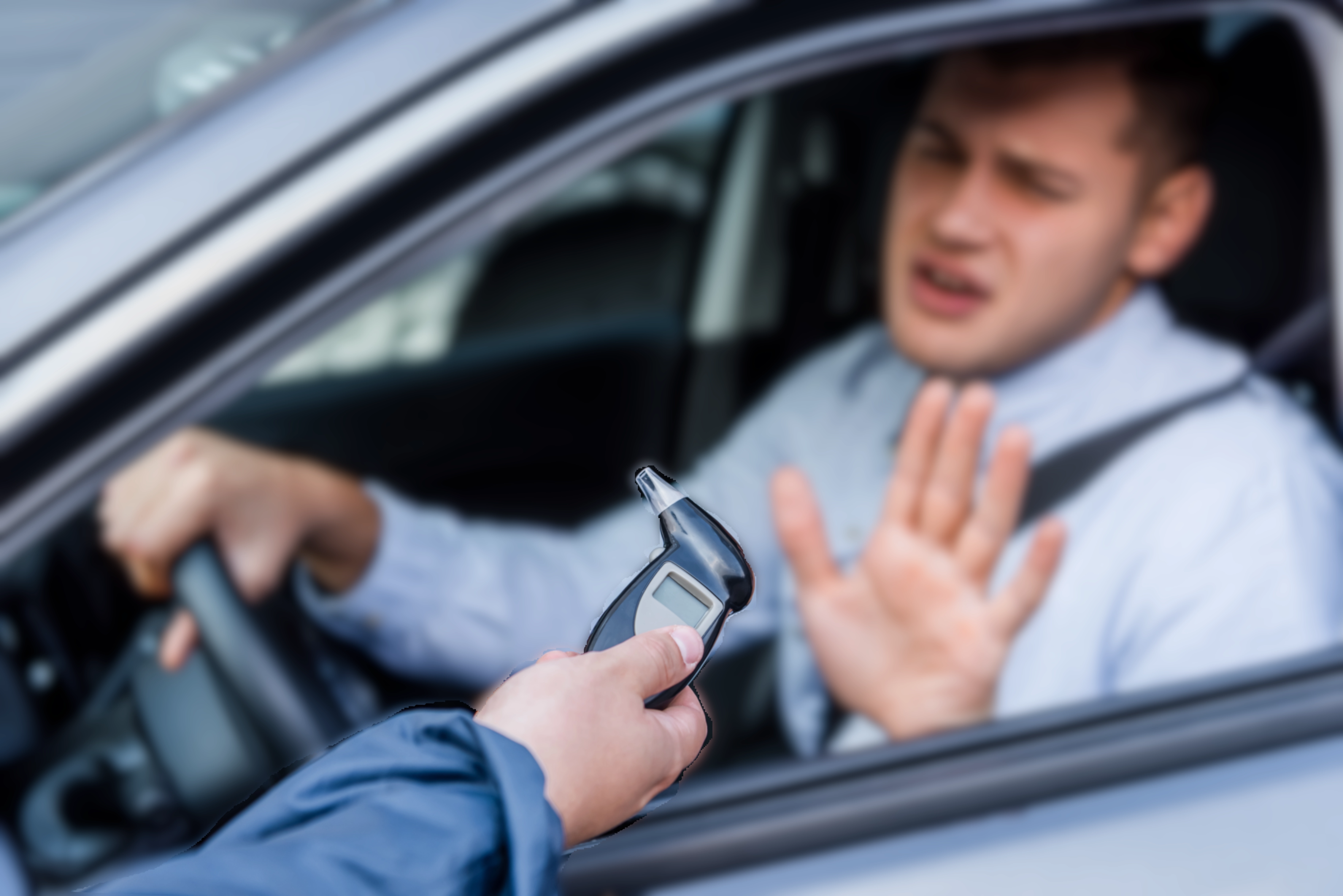
Refusal of Breath Screening Test (VTL § 1194(1)(b)) – New York DWI Defense Lawyer
The Benjamin Goldman Law Office provides legal representation for motorists charged under VTL § 1194(1)(b), Refusal of a Breath Screening Test. This statute applies when a driver declines to submit to a roadside breath test (also known as a preliminary breath test or PBT) requested by a police officer. While this test is not the same as the chemical test administered after an arrest, refusing the screening test can still result in penalties and may affect how a DWI case proceeds. Our firm focuses on traffic and vehicle-related violations statewide, including refusal cases under VTL § 1194(1)(b).
Our firm assists motorists charged with refusal of a breath screening test under VTL § 1194(1)(b) anywhere in New York State; for example, we represent drivers in Alabama Town Court in Western New York, Adams Town Court in the Capital Region, the Brooklyn Traffic Violations Bureau in New York City, Amityville Village Court on Long Island, and Addison Town Court in the Southern Tier. Wherever your case arises, our attorneys can review the charge, explain your legal options, and fight for the best possible outcome. Consultations are always free.
VTL § 1194(1)(b) – Refusal of Breath Screening Test
A charge under VTL § 1194(1)(b) arises when a driver refuses to submit to a roadside breath screening test (PBT) requested by a police officer. This test is different from the formal chemical test given after an arrest. Refusing the screening test can result in a traffic infraction, monetary fines, and may be used by prosecutors to support a DWI case.
- Fine: No mandatory fine (may be treated as a minor traffic infraction)
- Surcharge: None specified by statute
- License: No automatic suspension or revocation (unlike chemical test refusal under VTL § 1194(2))
- Impact: Refusal can be used by police and prosecutors as evidence to support probable cause in a DWI case
Although refusing a roadside breath screening test under New York Vehicle & Traffic Law § 1194(1)(b) is not a criminal offense, motorists should not dismiss it as insignificant. While it does not carry mandatory fines, license revocation, or jail time, the refusal can still be used by police and prosecutors to help justify an arrest or support a DWI case in court. It is strongly recommended that you consult with an experienced attorney before making any decisions about how to proceed with your case.
Statute
The exact wording of the relevant sub-statute is:
§ 1194. Arrest and testing.
1. Arrest and field testing. (b) Field testing. Every person operating a motor vehicle which has been involved in an accident or which is operated in violation of any of the provisions of this chapter shall, at the request of a police officer, submit to a breath test to be administered by the police officer. If such test indicates that such operator has consumed alcohol, the police officer may request such operator to submit to a chemical test in the manner set forth in subdivision two of this section.
How to Fight a Breath Screening Test Refusal in NY (VTL § 1194(1)(b))
Being cited under New York’s refusal of a breath screening test statute may seem minor, but motorists should remember they still have the right to contest the charge. Entering a Not Guilty plea is not a claim of innocence but a legal mechanism requiring the prosecution to prove the case in court.
Key defenses to a breath screening test refusal may include challenging the legality of the traffic stop, questioning whether the request for the test was made lawfully, showing that the device was not offered or explained properly, or arguing that the officer lacked reasonable cause to demand the test in the first place.
An experienced DWI defense attorney can provide crucial guidance when facing allegations under VTL § 1194(1)(b). Legal counsel can carefully review the circumstances of your stop, challenge the officer’s account of the alleged refusal, and identify potential defenses. An attorney can also negotiate with prosecutors to pursue a reduction or dismissal of the charge where appropriate.
CALL NOWOther Traffic Violations We Handle
If you were injured or harmed by an intoxicated driver, you can contact the Sternberg injury Law Firm to discuss your case.
Disclaimer: All the content of this website has been prepared by Benjamin Goldman Law Office PC for informational purposes only and does not constitute legal advice. Viewing this site does not create an attorney–client relationship. Readers should not act or refrain from acting based on this information without seeking professional counsel from an attorney licensed in the state where the citation was issued.